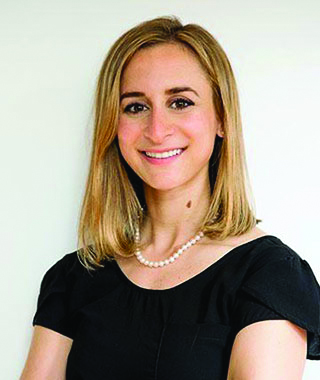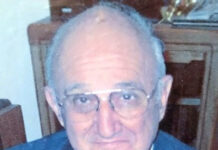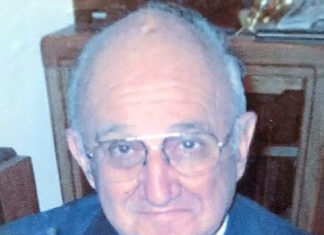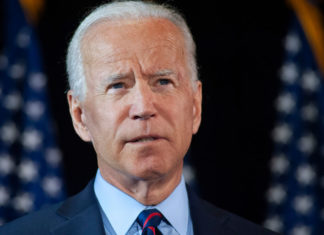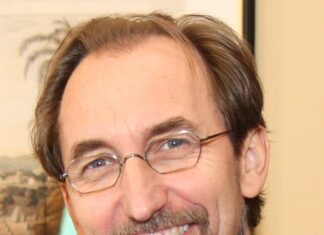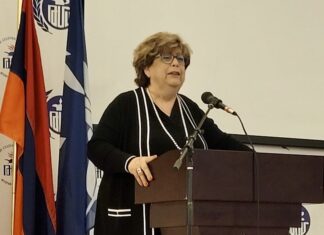CAMBRIDGE, Mass. — We are all too familiar with the sight of brave men and women responding in the aftermaths of tragedies, be they the result of wars, genocides or natural disasters. What is seldom thought about is the exact ways these responders use their resources and how these can be maximized.
One person, in fact, does just that. Meet Anaïde Nahikian, leader of the Advanced Training Program on Humanitarian Action (ATHA) at Harvard University, where she and her research and development group try to provide ways to help the helpers, so to speak.
In a recent interview, she detailed the many facets of her work which involves responsive research, humanitarian negotiation, strategizing to protect civilians, and looking into trends and challenges for specific areas- all of which relief workers can use to improve efficacy.
Nahikian leads research missions and global engagement with practitioners across the Middle East, North Africa, Asia, and Europe. As a result, on any given week, she will be in Jordan, Kenya, Tanzania, Morocco, Ethiopia, Thailand, India, Indonesia or Switzerland, conducting field research in “de-escalation zones” to help those aiming to work in hot zones.
Her mission, she said, is to help aid organizations, such as Médecins Sans Frontières (Doctors Without Borders), the World Food Program or the International Committee of the Red Cross “strengthen and protect civilian populations.”
In essence, her job is to treat humanitarian aid as a profession that can be enhanced and improved through proper documenting, strategizing and negotiating.



